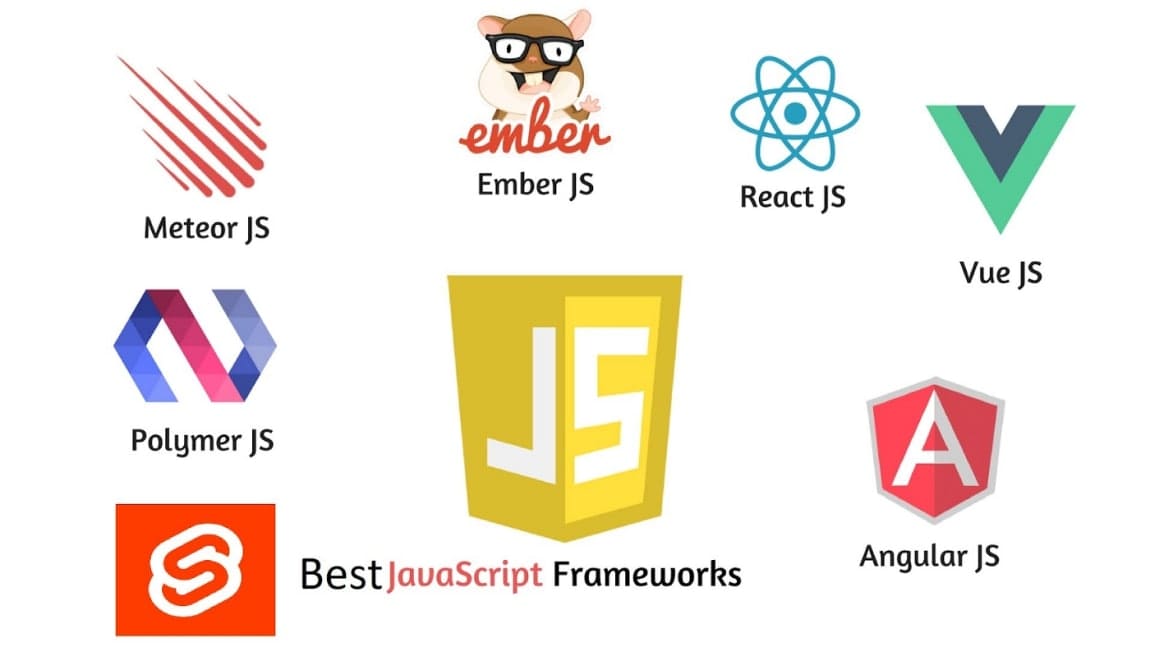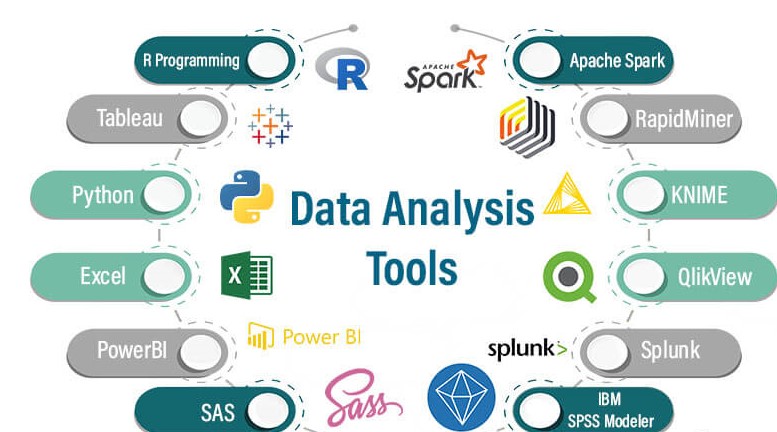Exploring the Top 10 JavaScript Frameworks for Modern Web Development
JavaScript has become the go-to language for front-end web development, and with good reason. Its versatility and power have led to the creation of numerous frameworks that simplify the process of building robust and interactive web applications. In this blog post, we will explore the top 10 JavaScript frameworks that every developer should be familiar with. Whether you’re a seasoned developer or just starting out, these frameworks will undoubtedly enhance your productivity and enable you to create cutting-edge web applications.
React.js
React.js, developed by Facebook, has gained immense popularity for building user interfaces. It offers a component-based architecture, allowing developers to create reusable UI components. With its virtual DOM and efficient rendering, React.js delivers high-performance applications. The vast ecosystem of libraries and tools built around React.js makes it an excellent choice for building single-page applications and mobile apps.
Angular
Angular, developed by Google, is a comprehensive framework for building dynamic web applications. It provides a robust set of features, including two-way data binding, dependency injection, and a powerful templating system. Angular follows the Model-View-Controller (MVC) architecture and comes with a wide range of built-in tools and libraries for testing, routing, and form handling.
Vue.js
Vue.js is a progressive JavaScript framework that focuses on simplicity and ease of integration. It offers a gentle learning curve and can be easily integrated into existing projects. Vue.js provides a reactive data-binding system, component-based architecture, and a flexible templating syntax. Its small size and excellent performance make it an ideal choice for both small and large-scale applications.
Ember.js
Ember.js is a robust framework that emphasizes convention over configuration. It follows the MVC pattern and provides a clear structure for building complex web applications. Ember.js offers powerful features such as two-way data binding, automatic updating of templates, and a powerful routing system. It also includes a command-line interface (CLI) that streamlines development tasks.
Meteor
Meteor is a full-stack JavaScript framework that allows you to build real-time web applications. It combines the client and server layers into a single codebase, simplifying development and enabling seamless data synchronization. Meteor provides a powerful data layer called Minimongo and integrates with popular front-end frameworks like React and Angular.
Unleashing Efficiency: Exploring the Top IDEs for Android App Development
Express.js
Express.js is a minimalist and flexible framework for building web applications and APIs. It is built on top of Node.js and provides a lightweight and unopinionated approach to web development. Express.js allows you to quickly create server-side applications with its simple routing system, middleware support, and extensive ecosystem of plugins.
Backbone.js
Backbone.js is a lightweight framework that provides structure to web applications. It follows the Model-View-Presenter (MVP) pattern and offers a set of key-value binding and custom events. Backbone.js is particularly useful for building single-page applications and works well with other libraries and frameworks.
Aurelia
Aurelia is a powerful and extensible framework that focuses on developer productivity and performance. It offers a modular architecture, allowing you to pick and choose the features you need. Aurelia’s two-way data binding, dependency injection, and routing capabilities make it an excellent choice for building complex applications.
D3.js
D3.js is a data visualization framework that enables developers to create interactive and dynamic charts, graphs, and maps. It provides a wide range of data manipulation and visualization capabilities using SVG, HTML, and CSS. D3.js is highly customizable and allows you to create stunning visualizations with ease.
Next.js
Next.js is a framework for server-rendered React applications. It provides server-side rendering, automatic code splitting, and simplified routing, making it an excellent choice for building static websites and progressive web apps. Next.js offers built-in support for TypeScript and integrates seamlessly with popular back-end frameworks like Express.js.
JavaScript frameworks have revolutionized web development by providing powerful tools and abstractions that simplify the process of building complex applications. Whether you’re focused on user interfaces, real-time web applications, or data visualization, the top 10 frameworks mentioned in this blog post offer a diverse range of options to suit your needs. Stay up to date with the latest trends in JavaScript frameworks, experiment with different frameworks, and leverage their capabilities to build amazing web applications. Happy coding!













